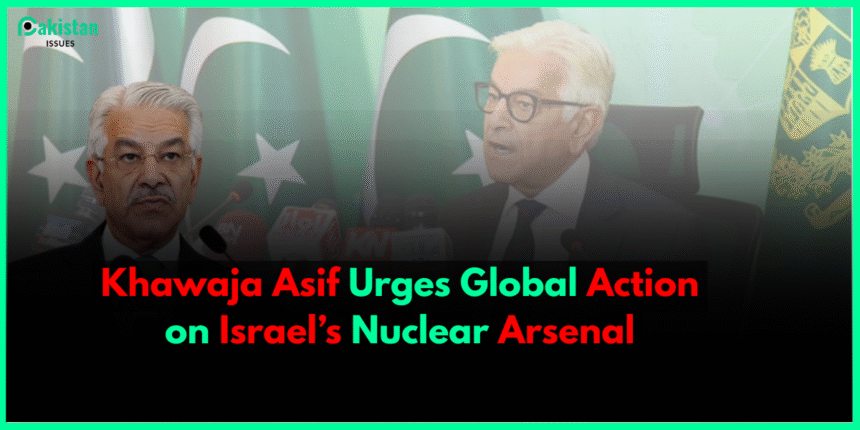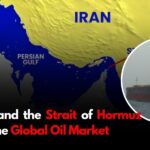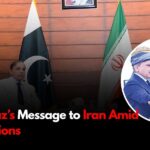In a firm statement delivered during a press conference in Islamabad this week, senior Pakistani leader Khawaja Muhammad Asif urged the world to stop ignoring a decades-old issue: Israel’s alleged possession of nuclear weapons.
Asif, a former defence and foreign minister, didn’t mince words. “There’s a dangerous imbalance in how nuclear powers are treated. When it comes to Israel, the international community goes quiet,” he said.
His remarks weren’t out of the blue. With the Middle East facing another round of regional flare-ups — and growing unease in Gaza and southern Lebanon — Asif argued that global powers must stop sidestepping what he described as a “known but untouchable” reality.
Despite Israel never officially confirming its nuclear weapons capacity, a number of estimates over the years (including estimates by the Stockholm International Peace Research Institute SIPRI) have placed Israel’s number of nuclear weapons stockpiled in the dozens. It is anyone’s guess whether that number is accurate, but there is little doubt that Israel’s nuclear presence is one of the world’s worst-kept secrets.
“The question is not whether Israel has nuclear weapons,” Asif said. “The real question is why is that question never asked at international forums?”
To many in Pakistan, and in some elements of the Muslim world, this apparent silence has always been a sore point. Asif used the contrast between the furore over Iran’s nuclear ambitions and the total blank on Israel’s nuclear stockpile as an example of how skewed the discourse and narratives have been at the international level.
“Look at the pressure Iran faces — sanctions, inspections, international watchdogs breathing down its neck. Meanwhile, Israel continues unchecked,” he stated.
Analysts have reinforced Asif’s worries, highlighting a broader trend of selective diplomacy in the region. The U.S. and surrounding countries have repeatedly warned against nuclear threats posed by nations the U.S. deems problematic, while favoring a hands-off approach to Tel Aviv.
“You can’t have an effective non-proliferation framework if states are allowed to be above the rules” Asif warned.
International reaction, so far, has been restrained. As expected, there was no response from Israeli officials, and Western governments — including the U.S. — have remained silent.
But the timing of Asif’s statement could strike a chord. With global attention locked on Gaza, and tension spreading beyond Israel’s borders, questions about long-term security and strategic imbalances are again creeping into diplomatic discussions.
Pakistan, a nuclear state itself, has long taken a firm line on regional equality in arms oversight. Officials in Islamabad have repeatedly called for all nuclear-armed nations in the Middle East to be treated by the same standards — and held to the same level of transparency.
Asif’s remarks, while unlikely to prompt immediate change, add pressure on international forums to revisit an issue too often ignored.
In his closing comments, he stressed: “No one is asking Israel to disarm unilaterally. But if we want lasting peace, we need an honest conversation — and that starts with acknowledging the facts.”










